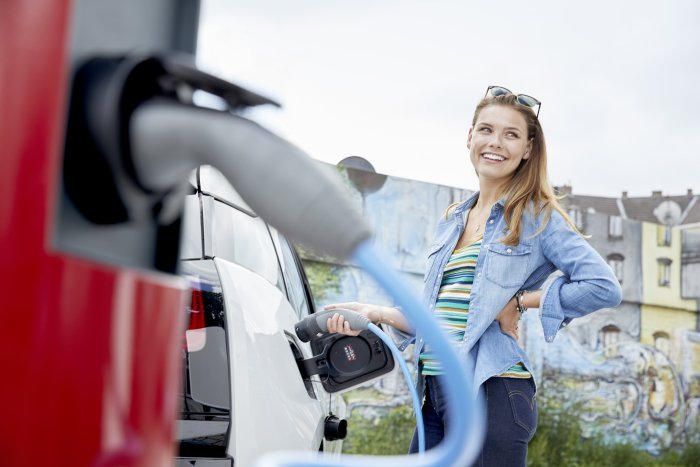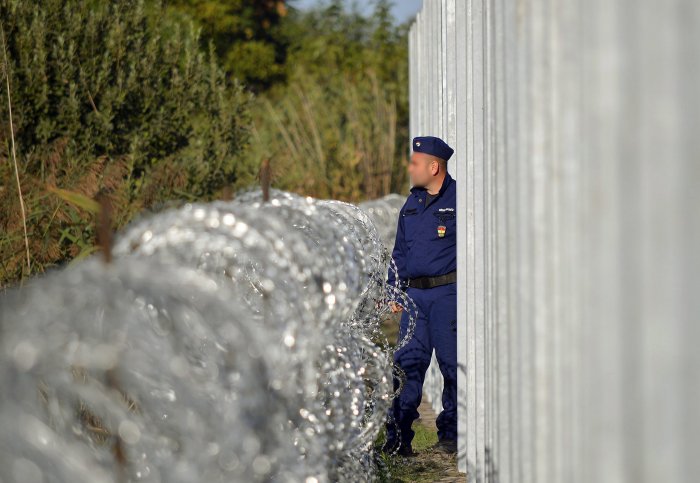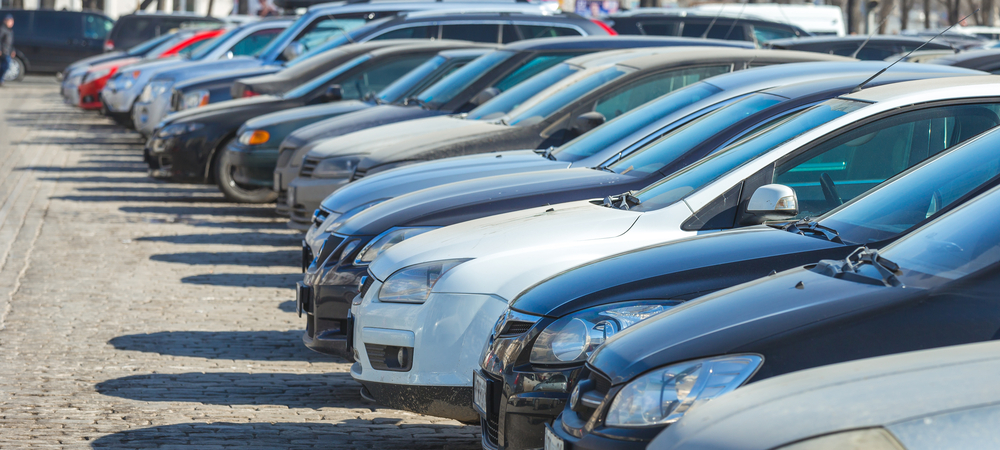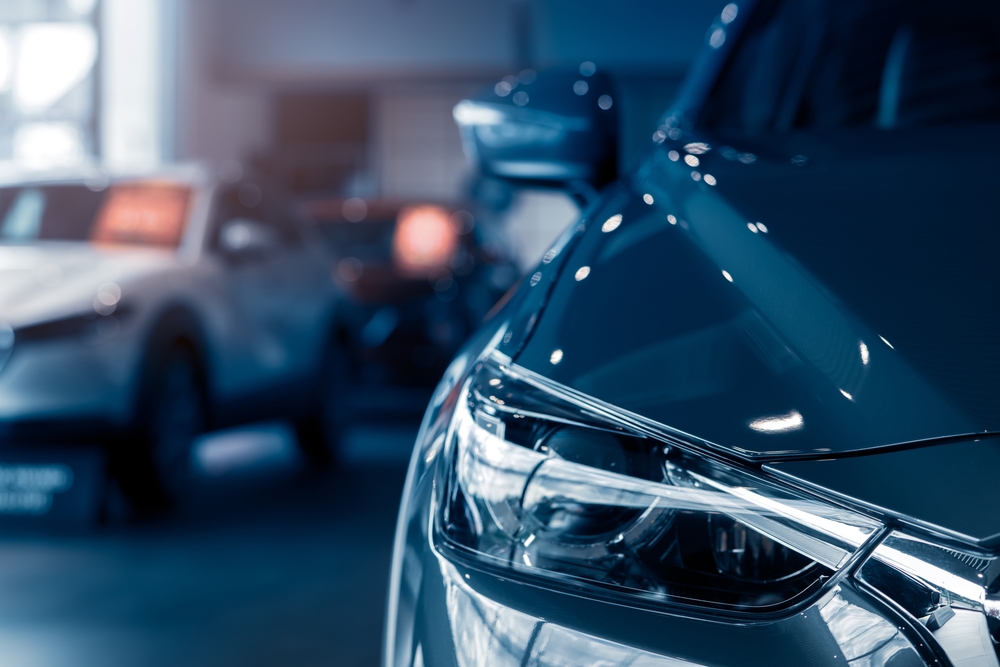Accelerating the Gradual Embrace of E-mobility

As humanity increasingly finds itself facing serious challenges related to mobility and its very sustainability, the share of electric vehicles and hybrids in Hungary is on the rise, with many Hungarians thinking of buying a new auto saying they would opt for an electric vehicle, if their circumstances allowed.
Considering that the air quality in downtown Budapest has been poor in recent times, as is true for many a metropolis nowadays, hopes are high that more economically-friendly alternatives will catch on soon to help enhance the life city dwellers and commuters.
“The culture of driving electric cars has been around in Hungary for almost 10 years, but only after 2016 did its use become more widespread,” Balázs J. Borka, CEO of car dealership Magyar Autókereskedőház Zrt., and director of communications at Hungarian national vehicle association MGOE, tells the Budapest Business Journal.
Initially Hungarians would not consider the innovative technology of electric vehicles a viable alternative as charging times were long, and the range of an EV’s battery was short. Such inconvenience was topped by the low price-value ratio and an underdeveloped network of charging stations.
Today, however, EV technology is becoming markedly more popular in Hungary. “This has been greatly helped by the increasing availability and affordability of used vehicles on the market. In addition, the charging networks becoming more widespread, not for lightning charging, but fast charging is available in many places nowadays,” Borka adds.
Still, Hungarians just love owning private autos, and statistics suggest that the fad for older cars has not faded; the average age of cars on the roads in Hungary is still around 14 years, among the highest in the European Union.
This is compounded by the number of cars in Budapest quickly rising. In 2018, the number of autos registered in Budapest grew to more than 660,000, up from 580,000 in 2010, according to Central Statistical Office figures. This leads to congestion, and poses a severe risk for the health of Budapest’s metropolitan population through air pollution, as reported by National Public Health and Medical Officer Service.
High Prices
“Electric [auto] prices are still quite high compared to ICEs [internal combustion engine vehicles] even in the case of more accessible categories,” Bálint Michaletzky, CEO of e-carsharing company GreenGo, tells the BBJ.
“At the moment, electric cars are considered a luxury that can be best used only within bigger cities. While the number of fully-electric cars doubled compared to last year, there are still no more that 5,000-5,500 electric cars running in the country,” Michaletzky adds. His company recently won the Sustainable Innovation Award in San Francisco.
Surveys have shown that Hungarians are increasingly thinking about switching to EVs.
“Twenty-nine percent of Hungarians considering buying a car would already buy an electric car, according to a recent joint survey by E.ON and KantarEMNID,” E.ON’s press office tells the BBJ.
“Research also shows that diesel cars are in decline in Europe [….] Hungary and Germany are the least diesel-friendly countries on the continent; only 13% of respondents in Hungary and Germany would currently buy a diesel car,” E.ON adds.
As much as the idea of driving an electric car might sound good (actually EVs do not “sound” at all as they are virtually silent, which demands increased caution from pedestrians crossing roads), currently it appears that most Hungarians cannot yet afford electric cars.
“Hungarians are at the forefront of choosing not to buy an electric car because of the high purchase price of vehicles: 48% of Hungarians say this is the decisive reason for rejection,” E.ON adds.
More Incentives
If affordability is the main issue, that could be alleviated through incentivization.
“Usually subsidization, creating infrastructure and legislative efforts that make buying and maintenance easier, give a good and practical way to grow the number of EVs,” Michaletzky of GreenGo says.
“There are a couple of great initiatives like the subsidy for buying new BEVs [battery electric vehicles] or PHEVs [plug-in hybrid vehicle], and free parking for such vehicles. But the perks that come with EVs could also be extended to help uptake locally, such as making public service fleets all electric, allowing the use of bus lanes, free highway use, or temporarily diminishing some of the taxes,” the GreenGo CEO adds.
Nevertheless, the infrastructure has been improving in Hungary lately. “In recent years, several publicly supported filling stations have been developed under the Ányos Jedlik Plan, so more and more refueling facilities are available nationwide,” Borka says.
“At this time, ELMŰ took the first steps in the expansion of charging stations, but today several companies are engaged in the operation of chargers.”
The Ányos Jedlik Plan was launched by the Hungarian government to popularize electromobility in Hungary, promoting electric cars through equipping the country with a charging station network, streamlining taxation and setting a legal framework for e-mobility.
Spreading E-mobility
E.ON says it not only aims to build a charging infrastructure, but it also supports the spread of e-mobility among its business and municipal customers with its e-fleet product. This reduces the ecological footprint not only of E.ON, but also of its partners, the company adds.
And reducing one’s carbon footprint is not just beneficial, but essential. Especially when air pollution is hitting never seen highs, and climate change has become a serious and pressing threat.
“Increasing the percentage of renewable sources of electric energy has little to do with being a rich country. Latvia, Albania, and Portugal already have 50-80% share of renewable sources in their electricity production,” says Michaletzky.
“Maximizing renewable sources in energy is the way forward not only because it relies on sustainable sources and it makes e-mobility more eco-friendly, but because it reduces lot of additional risks that are creating huge healthcare costs. So moving towards sustainable sources of energy would be a very logical next step in the fight against climate change,” he concludes.
SUPPORT THE BUDAPEST BUSINESS JOURNAL
Producing journalism that is worthy of the name is a costly business. For 27 years, the publishers, editors and reporters of the Budapest Business Journal have striven to bring you business news that works, information that you can trust, that is factual, accurate and presented without fear or favor.
Newspaper organizations across the globe have struggled to find a business model that allows them to continue to excel, without compromising their ability to perform. Most recently, some have experimented with the idea of involving their most important stakeholders, their readers.
We would like to offer that same opportunity to our readers. We would like to invite you to help us deliver the quality business journalism you require. Hit our Support the BBJ button and you can choose the how much and how often you send us your contributions.


.png)








.png)
